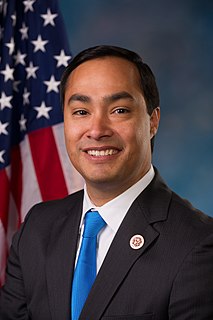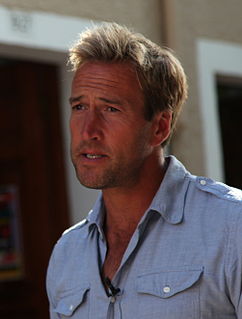A Quote by James Fenton
The Mormon mission to Africa, as to other dark-skinned parts of the world, was for a long time hobbled by the racism of the movement's scripture.
Related Quotes
Until now in world's history, whenever we've had a dark age, its been temporary and local. And other parts of the world have been doing fine. And eventually, they help you get out of the dark age. We are now facing a possible dark age which is going to be world-wide and permanent! That's not fun. That's a different thing. But once we have established many worlds, we can do whatever we want as long as we do it one world at a time.
Biblical backing for Mormon behavior is easy to find, although Mark Twain is reported to have denied its legitimacy to a Mormon. The Mormon claimed polygamy was perfectly moral and he defied Twain to cite any passage of Scripture which forbade it. 'Well,' said Twain, 'how about that passage that tells us no man can serve two masters at the same time?'
Jesus accepted the plenary [i.e., complete, extending to all its parts] inspiration of the Bible; when first approached by the devil to turn stones into bread, our Lord replied that man lives by every word that proceeds from the mouth of God (Matt. 4:4 quoting Deut. 8:3). He did not say, "some words" but "every word." If Scripture is breathed out from God (2 Tim. 3:16), then Scripture must be included in what sustains man, not only parts of Scripture but all of it.







































